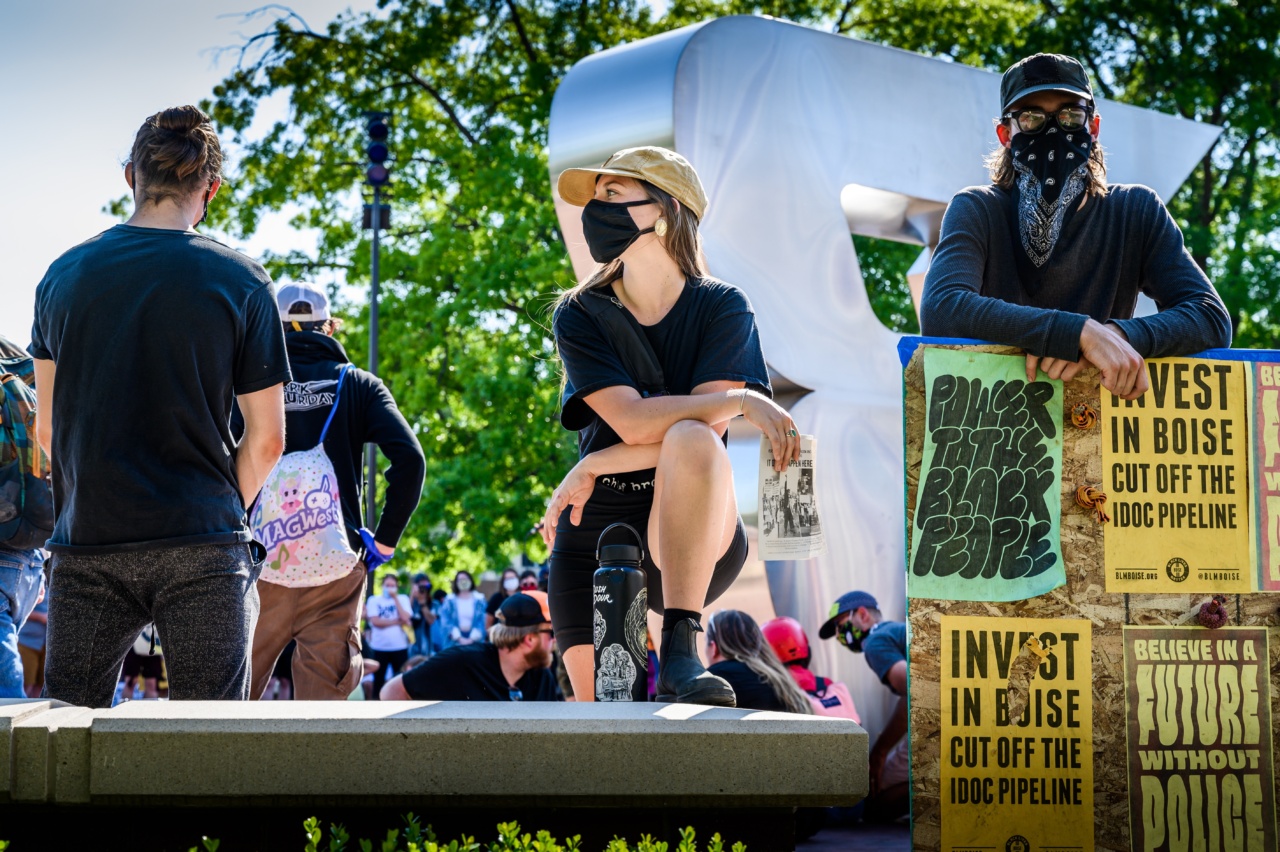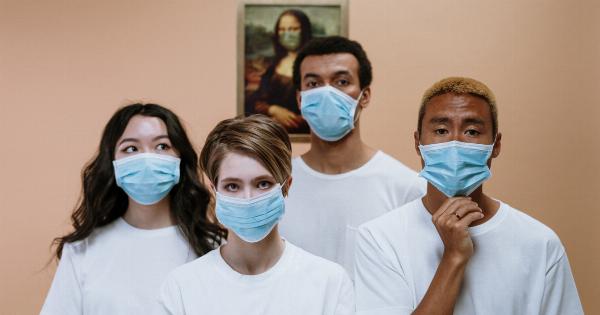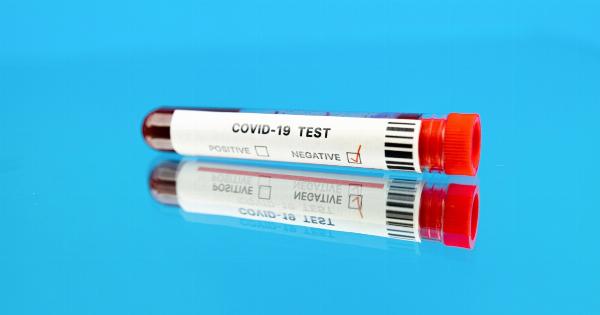Respiratory illnesses like the flu, common cold and COVID-19 spread easily through close contact with an infected person.
Since there is currently no vaccine to prevent COVID-19, people are being urged to take precautions such as wearing masks, maintaining social distance and staying home when they can. Quarantine, which involves staying at home and not having contact with others, is one of the best ways to stop the spread of respiratory illnesses.
In this article, we’ll explore why quarantine is helpful in preventing the spread of respiratory illnesses.
What is Quarantine?
Quarantine is a period of isolation designed to prevent the spread of disease.
During quarantine, people who may have been exposed to a respiratory illness are separated from others in order to monitor their symptoms and prevent them from infecting other people. Quarantine can be voluntary or mandated by public health officials.
How does Quarantine Work?
Quarantine works by cutting off the transmission of a disease from infected individuals to healthy people who are not yet infected or who may be at high risk for infection.
By keeping potentially infected individuals separate from others, quarantine can reduce the number of people who contract the disease.
What are the Benefits of Quarantine?
There are several benefits of quarantine in preventing the spread of respiratory illnesses:.
- Reduces the chance of infected people spreading the illness to others before they begin showing symptoms
- Protects vulnerable populations such as the elderly and those with pre-existing medical conditions
- Reduces the burden on healthcare systems by reducing the number of people seeking medical attention for the same illness
Types of Quarantine
There are two main types of quarantine: self-quarantine and mandated quarantine.
Self-quarantine
Self-quarantine involves individuals voluntarily staying at home or another designated location and avoiding contact with others.
Self-quarantine is typically recommended for people who have recently traveled to areas with a high incidence of respiratory illness or who have been in close contact with someone who is infected. People who are self-quarantining should monitor their symptoms and seek medical attention if they experience any signs of illness.
Mandated quarantine
Mandated quarantine involves an order from public health officials requiring individuals to stay at home or another designated location.
Mandated quarantine is typically used when an individual has been exposed to a respiratory illness or is showing symptoms of the illness. Violating a mandated quarantine order can result in fines or legal penalties.
How Long Should Quarantine Last?
The length of quarantine can vary depending on the individual and the situation. In general, quarantine should last for at least 14 days to ensure that the individual is no longer contagious.
People who have tested positive for COVID-19 may need to quarantine for longer depending on their symptoms and recovery time.
Quarantine Tips
Quarantine can be difficult, but there are things you can do to make the experience more manageable:.
- Stay in touch with family and friends through phone or video calls
- Practice self-care activities like meditation or yoga
- Exercise at home or in your yard if possible
- Read a book or watch shows/movies to pass the time
Conclusion
Quarantine is a powerful tool in preventing the spread of respiratory illnesses. By isolating infected individuals, quarantine can reduce the chance of transmission to healthy people and protect vulnerable populations.
It’s important to follow public health guidelines and quarantine as needed to help keep ourselves and our communities safe.



























